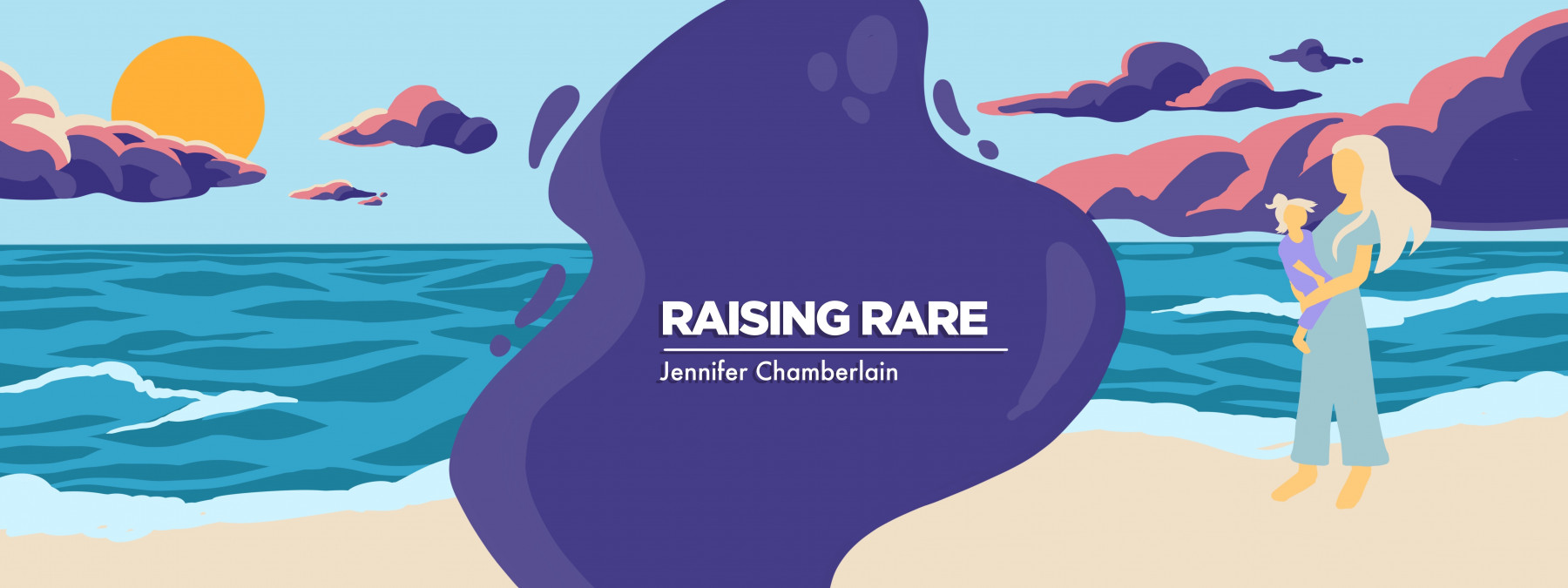Finding out I was a cystic fibrosis carrier rocked my world
My husband and I both tested positive halfway through our second pregnancy
Written by |

I can still remember my husband’s face when he walked through the doorway on that fateful summer day. We were awaiting his genetic carrier results during my second pregnancy.
As a first responder, he never comes home early from a shift, but on that day, he was home five hours before his shift was over. I knew what his early arrival meant: He was a confirmed cystic fibrosis (CF) carrier. My results had been positive a week earlier, which meant our unborn baby had a 25% chance of having CF.
That memory is etched in my brain forever. I was halfway through my pregnancy, terrified, and overwhelmed with guilt. Cystic fibrosis is a recessive disease, meaning each parent has to pass down a mutated copy of the CFTR gene for the child to have CF. If our baby had the disease, it was our fault.
How did we not know?
While waiting for our results, I tried to tell myself I was worrying for nothing. Yet, I couldn’t fight this nagging feeling to research what it meant to be a cystic fibrosis carrier, and I soon learned how common CF carriers are. In the United States alone, there are 10 million of us — roughly 1 in 30 Americans.
The statistic shocked me because CF itself is so rare. I was overwhelmed blaming myself for not knowing. I felt I should’ve been more proactive in learning about our genetics before conceiving. But now we were almost five months pregnant and faced with this devastating news.
The doctors reassured us that it was a rarity for both parents to test positive as cystic fibrosis carriers. It was even more rare, considering my husband and I had no family history of the disease. I thought surely there would’ve been some clue if we had this fatal genetic disease in our lineage.
Claiming the carrier status
During my first pregnancy, I wasn’t offered genetic carrier screening. The only reason I was tested during my second pregnancy was my daughter’s ultrasound abnormalities. Like many other carriers, I had no idea that I carried a gene variant that could affect my children. My first child was unaffected. Yet, as I delved deeper into my research, I started feeling like maybe I shouldn’t have been so clueless.
Research shows there may be a correlation between CF-related conditions and carrier status. As Cystic Fibrosis News Today reported in 2020, a study published in the journal Proceedings of the National Academy of Sciences found that carriers were at an increased risk for 59 CF-related conditions compared with their noncarrier peers.
During my late teens and in my 20s, I experienced a lot of health issues. I had chronic sinusitis, to the point that I was on antibiotics more than I was off them. I had stomach issues necessitating an endoscopy and colonoscopy at just 24 years old. None of my friends my age had such complex health issues. Still, none of the doctors I saw ever suggested genetic carrier testing.
The topic of symptomatic CF carriers is not yet well researched. However, when I speak to other cystic fibrosis parents, it seems as though many experience CF-related symptoms. I guess that should’ve been my first clue looking back. I’d love to see more research on this topic to raise awareness of genetic carrier testing.
Note: Cystic Fibrosis News Today is strictly a news and information website about the disease. It does not provide medical advice, diagnosis, or treatment. This content is not intended to be a substitute for professional medical advice, diagnosis, or treatment. Always seek the advice of your physician or other qualified health provider with any questions you may have regarding a medical condition. Never disregard professional medical advice or delay in seeking it because of something you have read on this website. The opinions expressed in this column are not those of Cystic Fibrosis News Today or its parent company, Bionews, and are intended to spark discussion about issues pertaining to cystic fibrosis.








Jayne Gormley-Lake
I am the Mother of a child..now 45...who was diagnosed with CF after he was born ...just 8 weeks old ...1980... we ..my then Husband and I were plainly told we both would be carriers but he always blamed me and my parents ...you are very welcome to email me if you like. Jayne